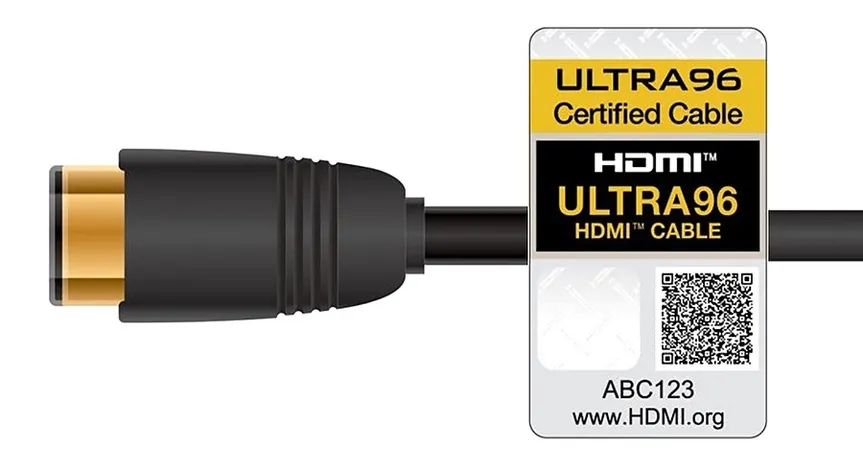
ZEUS Laser: The Groundbreaking Rival to Particle Accelerators
2025-06-09
Author: Ting
A Revolutionary Leap in High-Energy Physics
Prepare to be amazed! The University of Michigan has unveiled the ZEUS (Zettawatt-Equivalent Ultrashort pulse laser System), a jaw-dropping laser facility that just set new standards in high-energy physics with an unprecedented power output of 2 petawatts! This technological marvel isn’t just a noteworthy lab experiment—it's poised to challenge the dominance of conventional particle accelerators.
Unleashing 2 Petawatts of Power!
With its staggering 2 quadrillion watts of power, ZEUS eclipses the combined output of all nuclear power plants worldwide. Imagine harnessing such enormous energy! This revolutionary power concentration opens doors to physics research that was once only possible with massive particle accelerators, and it dives into realms previously uncharted.
Ultra-Short Pulses: The Key to Precision
ZEUS operates with mind-boggling ultra-short pulses lasting a mere 25 attoseconds—yes, that's 25 billionths of a billionth of a second! These fleeting moments enable scientists to probe subatomic events with accuracy never seen before. While ZEUS currently reigns as the strongest laser in America, it trails behind Romania’s 10-petawatt laser at the ELI-NP laboratory.
An Engineering Marvel
So, what fuels this incredible laser? At its core, ZEUS features remarkable titanium-infused sapphire crystals, painstakingly crafted over four years and measuring 18 centimeters in diameter. Unlike typical lasers, ZEUS uses a complex multi-stage process to amplify initial infrared pulses through multiple stages. Optical devices called diffraction gratings help manage the intensity and stretch the pulse before it enters vacuum chambers, where it’s compacted into an incredibly small area while retaining massive power.
A Game-Changer for Particle Acceleration
In a striking first experiment, researchers used ZEUS to generate plasma from helium by blasting it with a laser pulse. This kicked off a new acceleration technique, "wakefield acceleration," allowing electrons to achieve speeds comparable to those from traditional particle accelerators but in a fraction of the space and cost. Talk about democratizing physics! With this innovation, labs around the world could join the high-energy physics race, regardless of their resources.
Endless Possibilities Await!
But ZEUS isn’t just about particles and accelerators; its potential applications are vast! Think medical research that might revolutionize cancer treatment through highly targeted radiation therapies. Or how about peering into the secrets of the universe, from stellar phenomena to the enigma of cosmic black holes? The door is wide open!
International Collaboration and Future Prospects
As ZEUS gears up for operational testing through 2025, the implications extend beyond just American innovation. This laser could foster international collaborations in high-energy physics. As countries like China forge ahead in their nuclear fusion efforts, the U.S. continues to prove its technological mettle with ZEUS, paving the way for shared research adventures.
A Bright Future in Physics Awaits!
The scientific world is on the edge of its seat, eagerly anticipating the groundbreaking discoveries that ZEUS will unveil. From unraveling dark matter mysteries to new insights into quantum gravity, this military-grade laser fits snugly within a university lab and is about to change the game in our understanding of the universe!


 Brasil (PT)
Brasil (PT)
 Canada (EN)
Canada (EN)
 Chile (ES)
Chile (ES)
 Česko (CS)
Česko (CS)
 대한민국 (KO)
대한민국 (KO)
 España (ES)
España (ES)
 France (FR)
France (FR)
 Hong Kong (EN)
Hong Kong (EN)
 Italia (IT)
Italia (IT)
 日本 (JA)
日本 (JA)
 Magyarország (HU)
Magyarország (HU)
 Norge (NO)
Norge (NO)
 Polska (PL)
Polska (PL)
 Schweiz (DE)
Schweiz (DE)
 Singapore (EN)
Singapore (EN)
 Sverige (SV)
Sverige (SV)
 Suomi (FI)
Suomi (FI)
 Türkiye (TR)
Türkiye (TR)
 الإمارات العربية المتحدة (AR)
الإمارات العربية المتحدة (AR)